Business households with revenue from 100 million VND/year are subject to tax.
According to the provisions of the 2019 Law on Tax Administration and its implementing guidelines, business households (including individual businesses) may have to perform three main types of tax obligations, including value added tax (VAT), personal income tax (PIT) and business license fees, depending on the scale of revenue and field of operation.
- Firstly, Value Added Tax , business households with revenue of 100 million VND/year or more will be subject to tax and apply the direct calculation method on revenue. The specific tax rate is stipulated in Article 51, Circular 40/2021/TT-BTC of the Ministry of Finance . Specifically, the sale of goods is subject to VAT at a rate of 1%; services and construction without contracted materials are subject to a rate of 5%; some other special types of services may apply separate rates depending on detailed regulations of the tax authority. Business households should pay more attention to the provisions in Decree No. 70/2025 regulating invoices and documents.
Tax transaction at Bac Nghe 2 Inter-district Tax Team Photo: Quang An
- Second, business households must pay personal income tax . According to the same Circular 40/2021/TT-BTC, business households with revenue of 100 million VND/year or more will also be subject to personal income tax with the lump-sum calculation method. Tax rates applied by industry: 0.5% for sales of goods, 2% for services and construction excluding materials, and 1% or 2% for some other types of services.
Households with revenue under 100 million VND/year do not have to pay VAT and Personal Income Tax (PIT), ensuring fairness and encouraging the development of small businesses.
- The third obligation that a business household must perform is to pay the Business License Fee . The Business License Fee is stipulated in Decree No. 139/2016/ND-CP (amended by Decree No. 22/2020/ND-CP), calculated based on the revenue of the previous year.
Specifically, households with revenue from 100 to under 300 million VND/year pay 300,000 VND/year; from 300 to under 500 million VND is 500,000 VND/year; from 500 million VND or more is 1,000,000 VND/year. Newly established business households or those with revenue under 100 million VND/year will be exempted from business license fees.
Song Lam 1 inter-district tax team guides households to register for electronic invoices to connect with tax authorities. Photo: Tran Chau
Turning point change from June 1, 2025
A landmark change that will officially take effect from June 1, 2025 is the implementation of electronic invoices with tax authority codes generated from cash registers for business households with revenue of 1 billion VND or more and operating in a number of specific fields.
According to Decree No. 70/2025/ND-CP, business sectors with high risk of revenue loss and direct transactions with consumers such as retail goods, food services, restaurants, hotels, passenger transport, entertainment services such as cinemas, karaoke, spas, etc. will be required to apply electronic invoices from cash registers connected to tax authorities.
Electronic invoices generated from cash registers are invoices created at the time of sale, using software on electronic devices connected to the network, and are capable of transmitting data immediately to the Tax Department. This type of invoice not only ensures accuracy and prevents revenue fraud, but is also convenient for storage, checking and retrieval when necessary. The application of this type of invoice is an important step in the process of digitizing tax management activities, reducing dependence on traditional forms of declaration, which have many potential risks of errors.
However, in addition to the benefits of financial transparency and convenience in management, many business households also face certain challenges. Among them, the biggest obstacle is the limitation in technology skills and the initial investment cost to equip cash registers and suitable electronic invoice software. For households in remote areas, lacking digital infrastructure, accessing and proficiently using electronic invoices is still an issue that requires technical support from the authorities.
Faced with this reality, the Tax Department has implemented many support programs to ensure that business households can convert promptly and effectively. Notably, the cooperation with enterprises providing electronic invoice solutions to support free software or preferential prices for small businesses. In addition, the tax industry organizes training courses, guides through online documents, videos and a 24/7 support hotline to accompany people in the process of implementing the new policy.
Mr. Nguyen Duy Nam, Team Leader of Song Lam 1 Inter-District Tax Team (Do Luong, Thanh Chuong, Tan Ky) said: In addition to households with revenue of over one billion VND, the Team has assigned support groups for individual households to implement policy instructions to households, introduce software providers such as MISA, VNPT, Viettel... Currently, about 100/140 households with large revenue in the management team have operated the software well, some households still have problems with issuing invoices, slow operations. In addition to eligible households, for households that want to implement the above policy, the Team also registers and connects invoices with the tax authority.
Currently, in addition to using electronic invoices, the tax declaration and payment process has also been simplified and electronicized by the tax industry. Many tax management applications on smartphones have been deployed, integrated with online payment gateways, helping business households pay taxes quickly without having to go directly to the tax authority. In particular, for contract households, the tax authority will proactively determine the contract level, the household only needs to confirm and pay on time, without having to keep complicated accounting records.
To avoid legal risks and enjoy the best support policies, business households need to proactively review annual revenue to determine tax obligations, contact the tax authority where they are registered for instructions on registering and using electronic invoices in accordance with regulations.
Vinh Tax Team provides tax training to small traders in Vinh city. Photo: Tran Chau
Business households must record revenue, coordinate closely with state management agencies and regularly update new regulations to help business households maintain stable operations and develop sustainably in the context of an increasingly transparent and modernized business environment.
Applying electronic invoices and complying with tax obligations is not only a legal requirement but also demonstrates professionalism in business, builds reputation, helps business households better access credit sources, expand scale and increase cooperation opportunities. In the long term, this is the inevitable path for business households to integrate and harmonize with enterprises and the national digital transformation network.
Some violations against business households if there are violations:
From June 1, 2025, business households with revenue ≥ 1 billion VND/year are required to use electronic invoices from cash registers, otherwise they will be fined according to Decree 125/2020 (and supplement of Decree 102/2021). Fines from 10-20 million VND if they do not issue invoices when required. At the same time, business households must pay all evaded taxes + late payment fees, the fine can be equal to 100% of the evaded tax if there are mitigating circumstances.
Platforms (such as Shopee, Lazada, Tiki...) are responsible for deducting and paying taxes on behalf of business individuals for each transaction (VAT and PIT). If the platform fails to do so, business households must register and declare taxes themselves, otherwise they will be penalized according to regulations on late declaration and tax evasion.
Song Lam 1 inter-district tax team provides tax training to business households. Photo: Tran Chau
AD Advertisement
Source: https://baonghean.vn/ho-kinh-doanh-phai-nop-3-loai-thue-nao-10299916.html


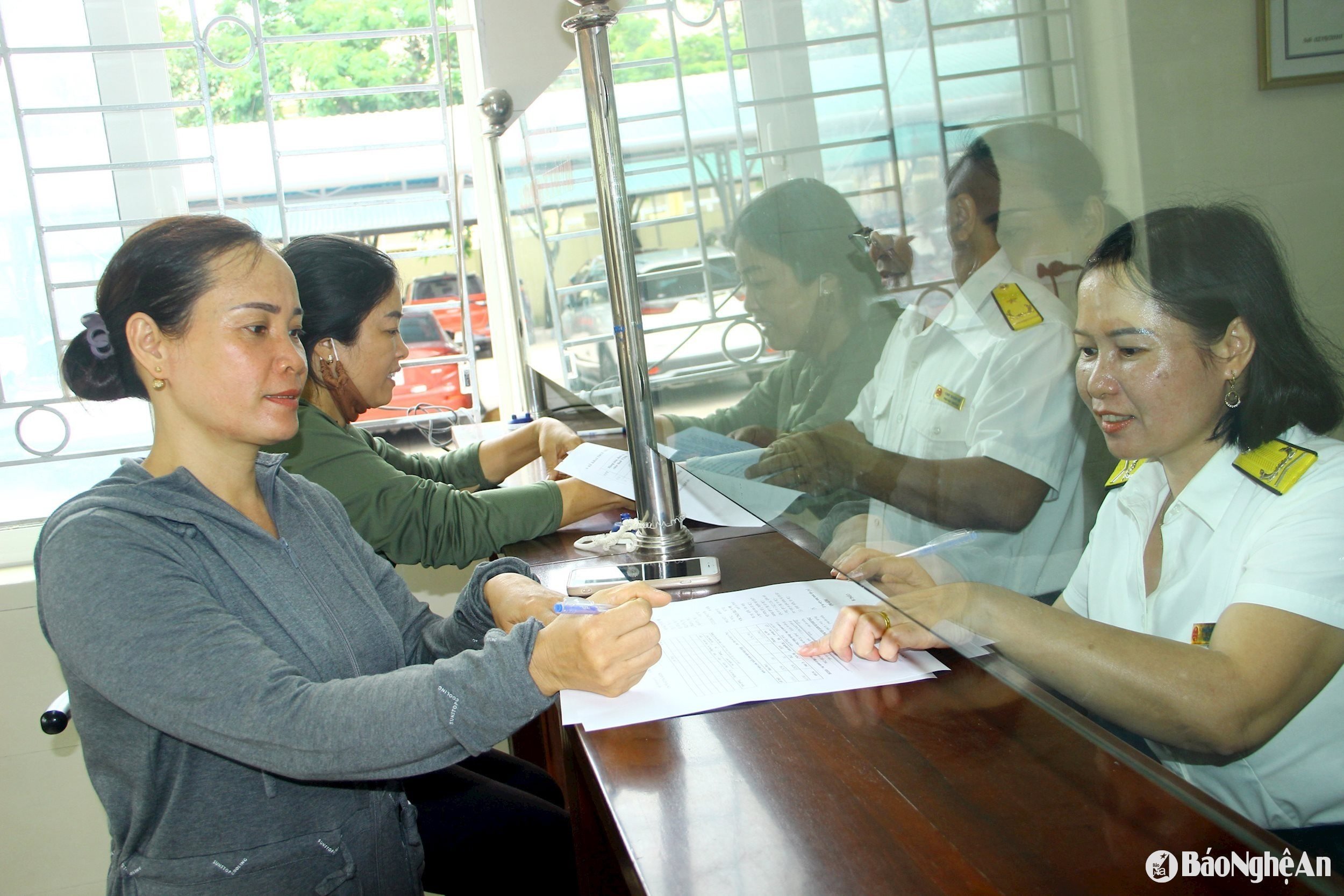
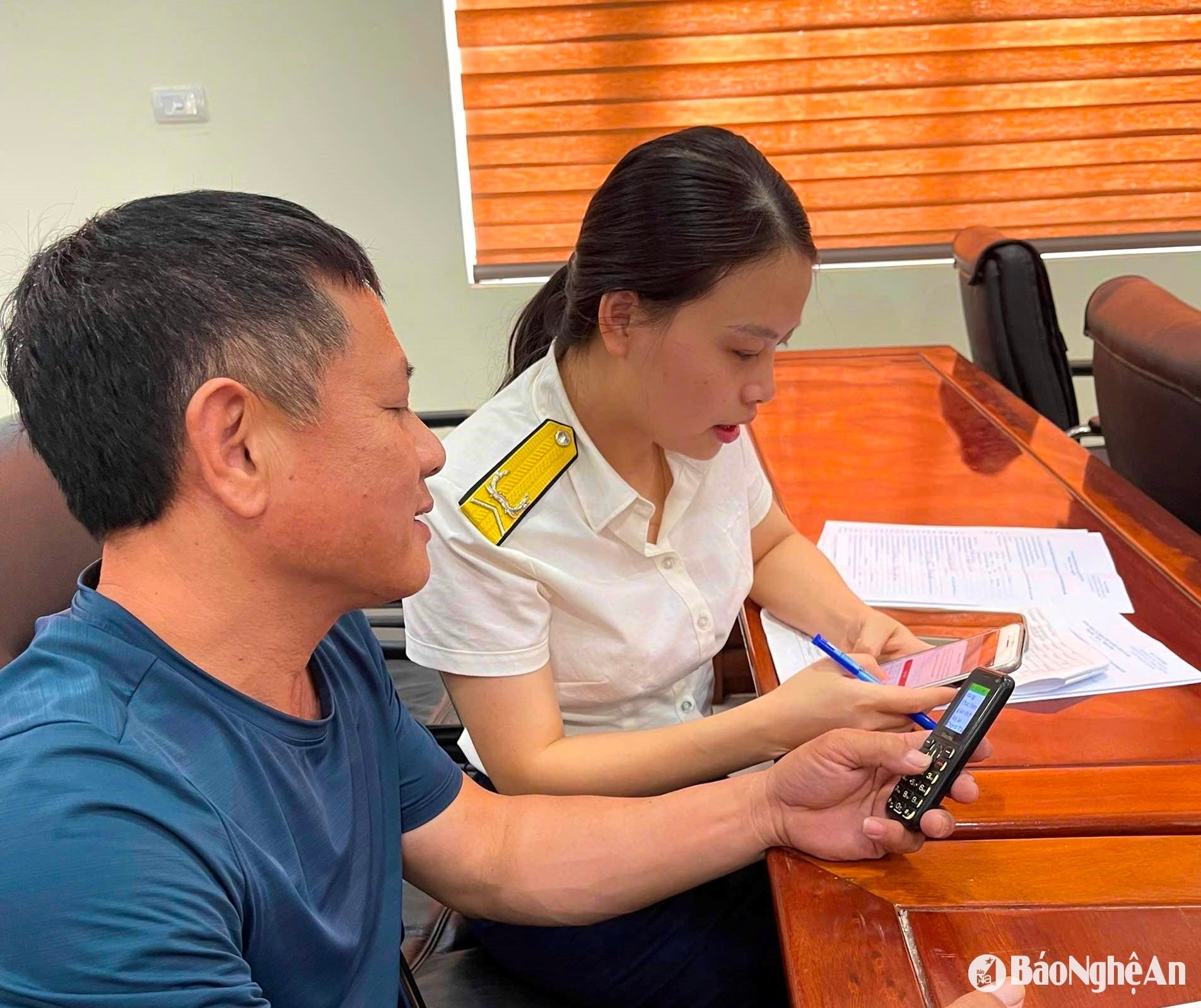
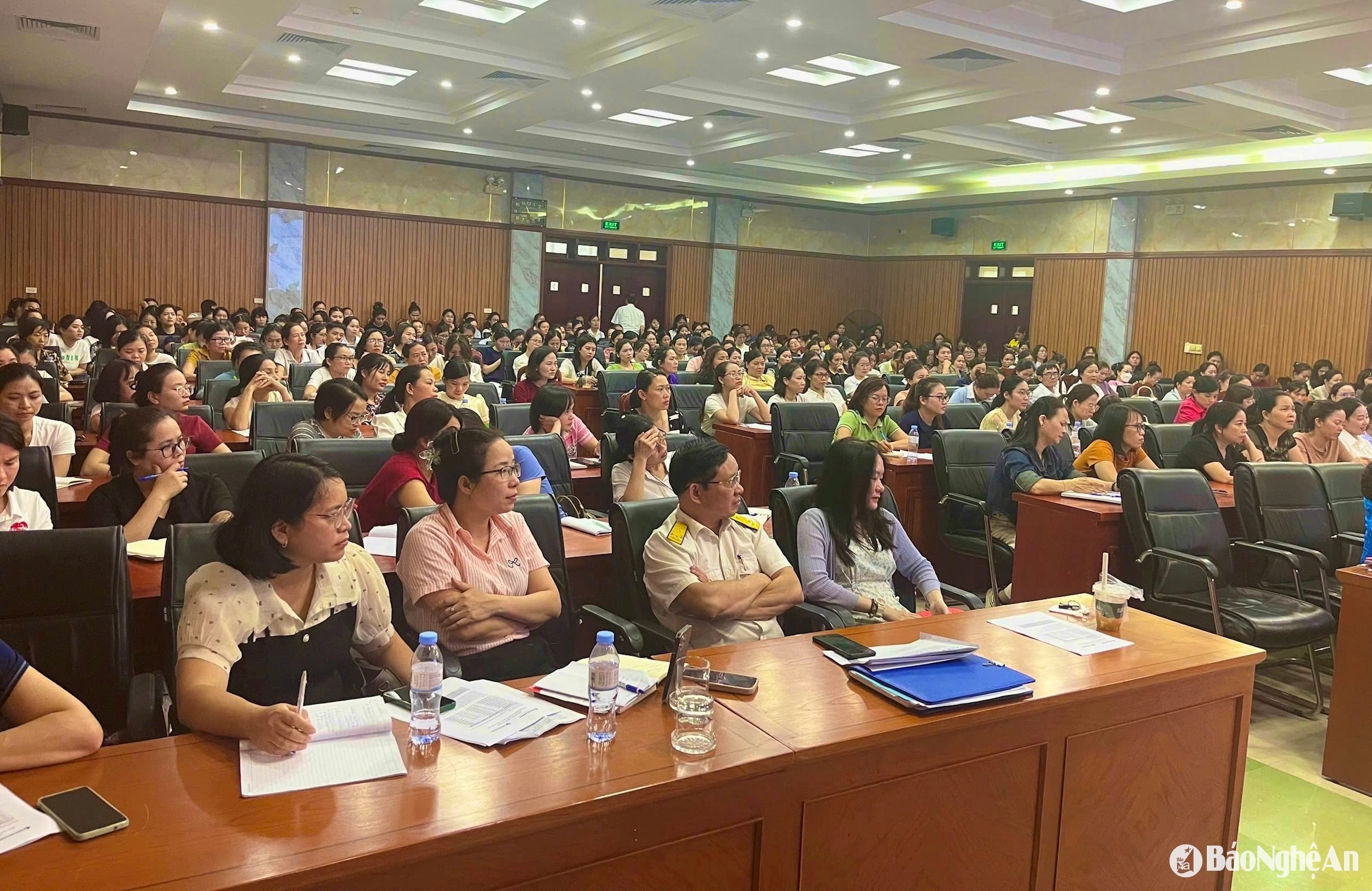
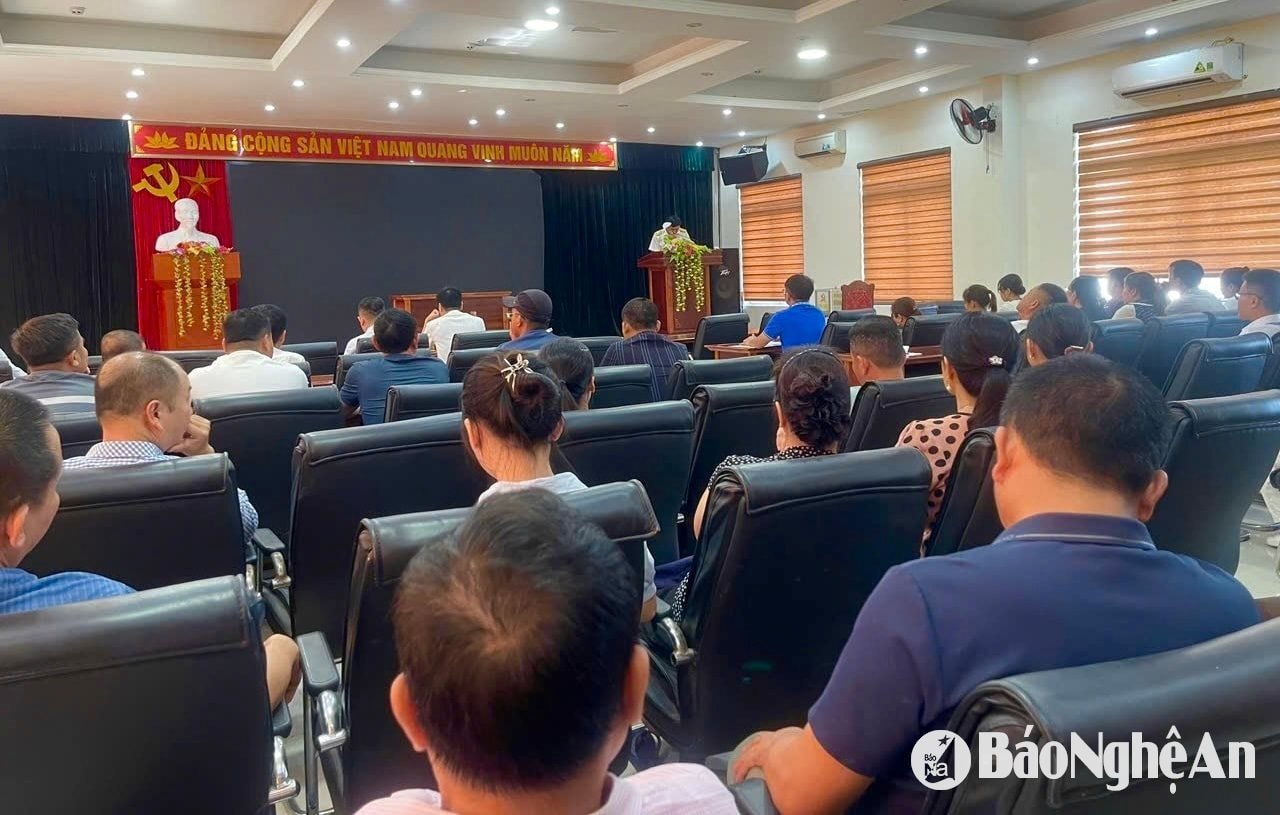








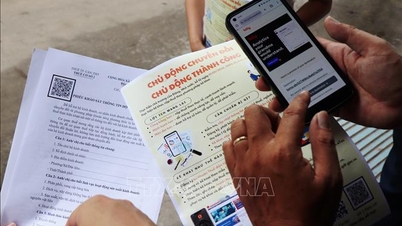

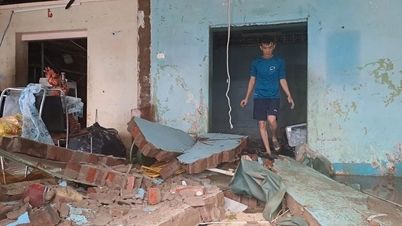

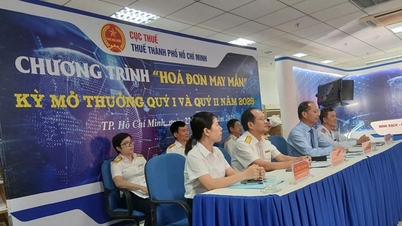

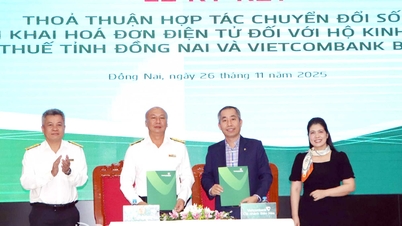

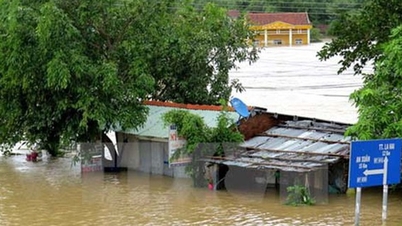
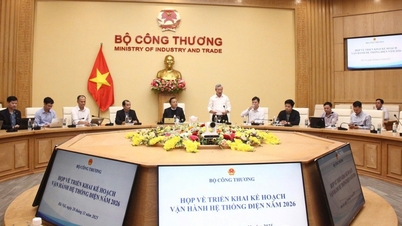



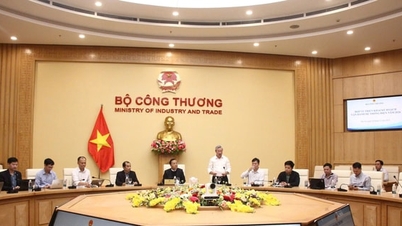

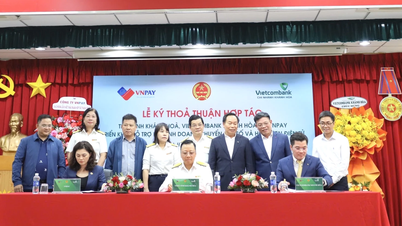


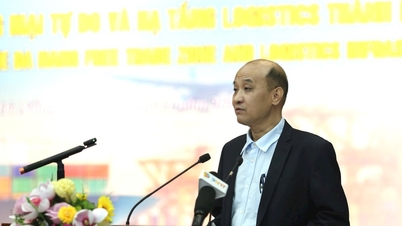








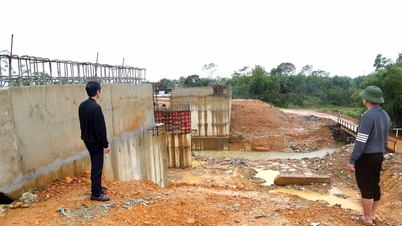

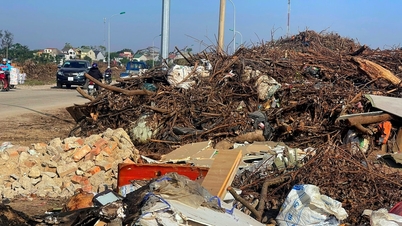





















































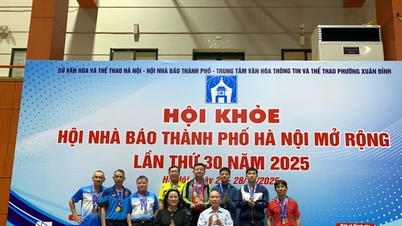
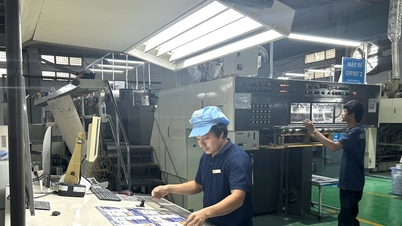















Comment (0)